

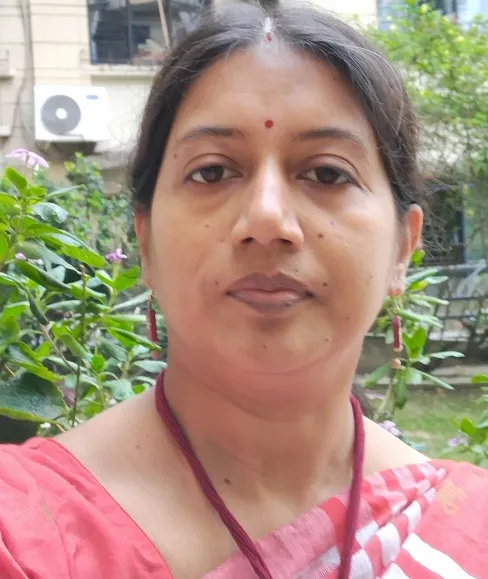
This special session will explore the applicability of artificial intelligence (AI) techniques and their integration in various sensor data fusion including the newly emerged 5G, 6G network data for precise positioning and seamless navigation systems in satellite-signal denied areas. Traditional signal processing methods are increasingly being supplemented or replaced by AI-driven approaches, offering enhanced accuracy, robustness, and efficiency. Topics will cover state-of-the-art AI algorithms, various machine learning models, and deep learning techniques applied to various sensors and data sources to enable the precise positioning and seamless navigation in complex urban environments.
The best 2 papers of this session will be encouraged to submit the extended versions of the papers to the open access journal "IEEE Journal of Indoor and Seamless Positioning and Navigation (J-ISPIN)", and if accepted, the APC will be waived for publication (this is US$ 1995).
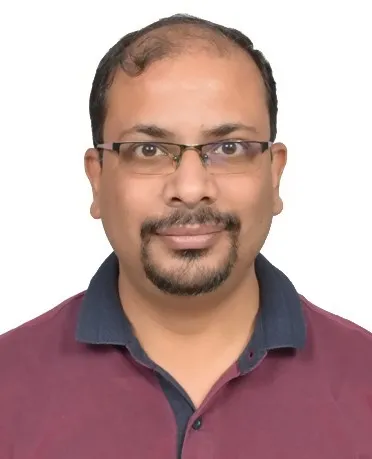
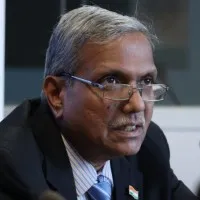
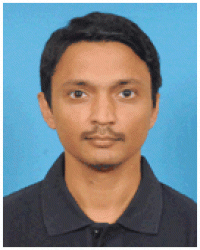
From the scientific and commercial point of view, a continuous real-time, effective and synoptic sampling of ocean has gained huge importance. Oceanographers and marine scientists wish to explore more of the inner space of the ocean by establishing observatories using modern technologies. Collecting and analysing real time data continuously using new technologies will help researchers to have a better understanding of the ocean properties, life-processes and events. At the same time, analyzing the data of ocean processes will help us to predict the future climate changes and its impact on human life. Ocean observation system has many areas such as underwater communication, networking, IoT, robotics, Swarm of AUVs etc.
Considering the importance of oceans on the life on the Earth, the UN has already taken steps to declare the decade during 2021-2030 as Decade of Ocean Science for Sustainable Development. Developments in ocean science and technology can support and fuel the marine and allied industries that will boost the Blue Economy in the days to come.

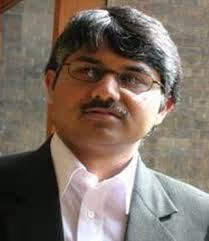
AI for sensing refers to the application of artificial intelligence (AI) techniques to enhance the capabilities of sensors and the interpretation of the data they collect. Sensors are devices that detect and measure physical properties such as temperature, pressure, light, sound, motion, and more. By integrating AI with sensing technology, we can achieve more accurate, efficient, and intelligent data processing and decision-making. AI for sensing includes applications and methods for data processing and analysis, predictive maintenance, enhanced perception, smart monitoring, object and activity recognition, etc. Overall, AI for sensing is about leveraging the power of AI to make sensors more intelligent, capable, and useful in a wide range of applications. The focus is to explore convergence of advances in sensing technologies and AI. Moreover, AI based computational sensing and multimodal fusion can be used to improve performance of the sensing including parameters like resolution, sensitivity, specificity etc. Futuristic sensing technologies like nano-sensing, quantum sensing etc. integrated with advanced AI models including multi-modal foundation models can amplify the sensing capability to realize different applications like robotics, unobtrusive machine and human health diagnosis etc. that can potentially transform different industries.